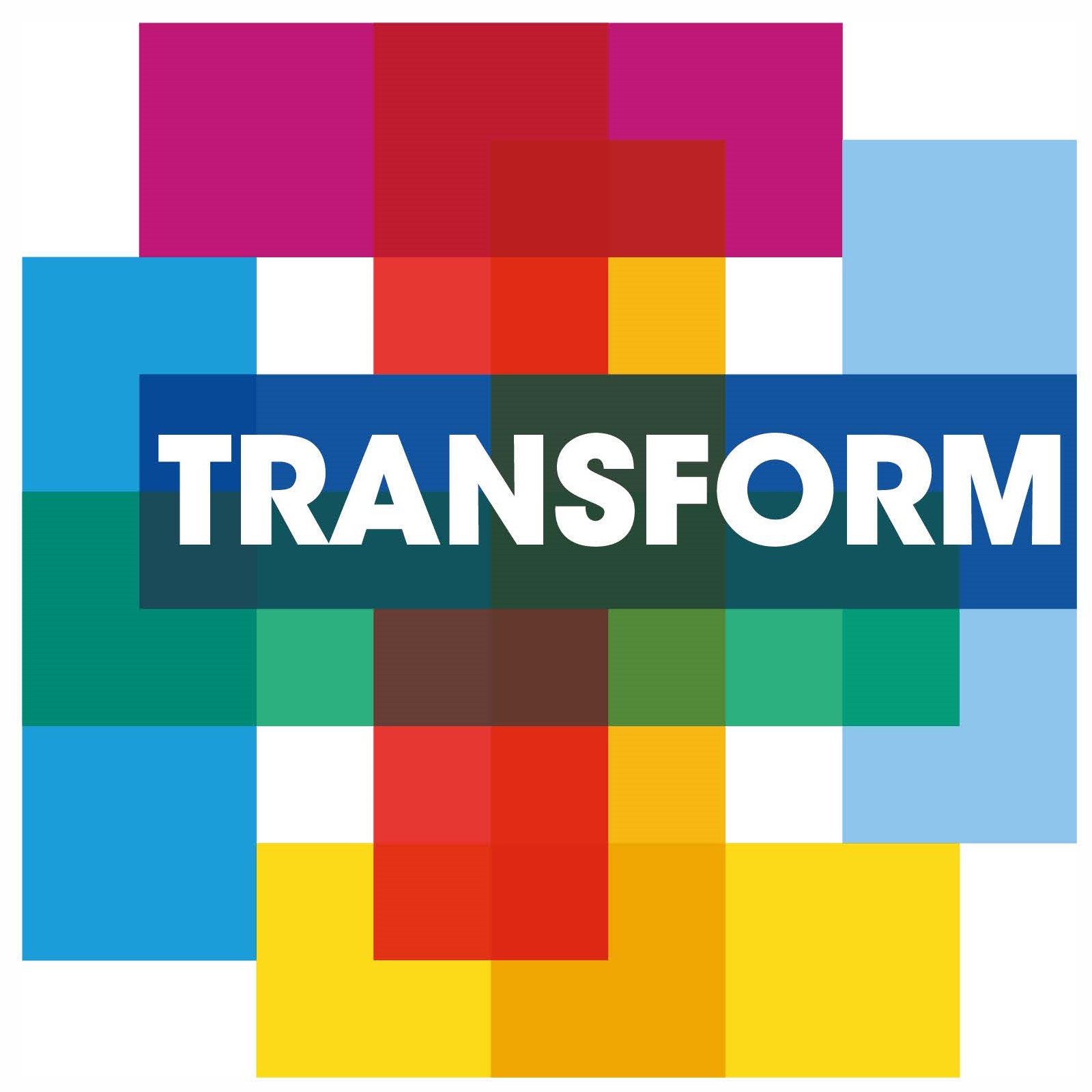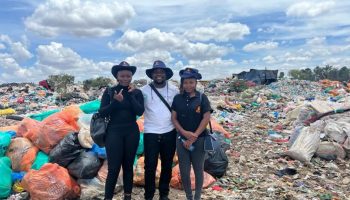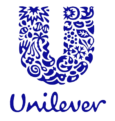Portfolio Learnings | Sanivation’s bundled hand-washing service delivery
Published on: 19/03/2019
One of the projects to be revisited in our Portfolio Learnings series is Sanivation, an end-to-end sanitation service provider that delivers clean, safe and efficient sanitation hygiene products and services to communities in East Africa.
Sanivation installs a container-based toilet called Bluebox inside the client’s home and, for $2 a month, services it twice a week. It then collects the waste and treats it to be transformed into charcoal briquettes.
In addition to its sanitation services, the organisation wanted to pilot an innovative hand-washing service delivery to increase hand-washing behaviour in East Africa. It teamed up with TRANSFORM to deploy and test a model that is convenient, hygienic and affordable.
The hand-washing pilot
Aiming to scale a financially sustainable model for sanitation services, Sanivation partnered with TRANSFORM to evolve its solution to include hand-washing stations in its in-house toilet provision.
With support from TRANSFORM to test the soap delivery model, connect it to potential suppliers of hand-washing stations and optimise logistics and servicing practices, Sanivation piloted the project in Kenya to instil the habit of hand-washing after using the toilet.
First, the organisation conducted interviews to better understand hand-washing and hygiene concerns. The feedback on bundled hand-washing and in-house sanitation services from its existing clients was overwhelmingly positive. Following the prototyping phase, Sanivation provided two solutions for the pilot: a locally produced sanitiser and a commercially produced liquid soap.
They recruited 18 existing Bluebox clients – 10 households and 8 schools – to sign up for the service for three months. After analysing the data, they found very high levels of satisfaction, with 80% of households renewing their subscription every month and 77% considering the service delivery affordable.
The challenges and the lessons
The pilot saw some challenges during the three months, presented both by households and operators, including:
- Calculating appropriate volumes of soap/sanitizer: some households used more than calculated and others less, the latter consisting of those who travel all month and single-member families. These households want to pay for the product rather than the monthly service delivery.
- Collecting payments: as the pilot started mid-month, clients wanted to continue to renew subscriptions in the middle of the month, but they tended not to have disposable income at this time. This led to a lot of time spent tracking down payments. A solution presented is to collect both Bluebox and monthly hand-washing subscription fees on the same day, to reduce time spent collecting payment.
- Attitude of operators: data collected from the Toilet Service Representative, the person responsible for recording weekly usage data at the households, was unreliable and often missing. One reason was that the representative felt it was extra work beyond their job description. Their attitude changed, however, when the organisation emphasised to them the overwhelming satisfaction from clients for the service.
The next steps
According to a report from Sanivation, the three-month pilot provided many beneficial insights into the delivery of a hand-washing product bundled with the Bluebox in-home toilet and the development of a viable business model for hand-washing services.
However, in the short term, they estimate that revenue is too small to incorporate hand-washing services into their current business model. It would be financially beneficial to include it into operations at a scale of 500 households, a target the organisation hopes to meet soon.
Along with hand-washing stations, Sanivation aims to provide clean and efficient sanitation services to 1 million people throughout East Africa by 2020, a mission supported by TRANSFORM in line with the Sustainable Development Goals (SDGs). Sanivation will do this by replicating their waste-to-energy treatment plants in partnership with municipalities and local governments. Read more about other projects looking to enhance the lives of low-income households in our portfolio.
-
 Insights
Insights


